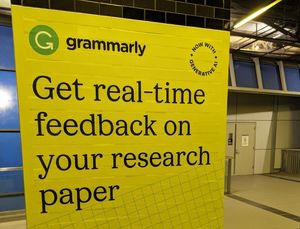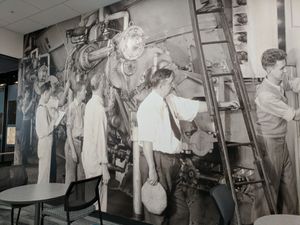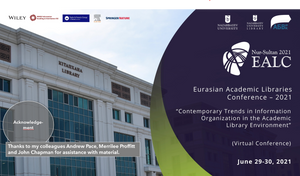The new Google Chrome browser has captured major attention since it was launched a few days ago. Here, without extensive comment, are links to some interesting posts about Chrome.
Nicholas Carr considers strategic motivations ….
To Google, the browser has become a weak link in the cloud system – the needle’s eye through which the outputs of the company’s massive data centers usually have to pass to reach the user – and as a result the browser has to be rethought, revamped, retooled, modernized. Google can’t wait for Microsoft or Apple or the Mozilla Foundation to make the changes (the first has mixed feelings about promoting cloud apps, the second is more interested in hardware than in clouds, and the third, despite regular infusions of Google bucks, lacks resources), so Google is jump-starting the process with Chrome. [Rough Type: Nicholas Carr’s Blog: The cloud’s Chrome lining]
In a detailed post, Niall Kennedy looks at motivations, the contribution of particular acquisitions and technologies, and the people involved and their experiences.
Android, Chrome, and Gears will continue to grow in unison and extend individual pieces into established operating systems. Google is building a new suite of application extraction layers that should have strong leverage across Windows, Mac, and Linux to directly control the company’s destiny on these platforms. [The story behind Google Chrome]
I commented the other day on the single box. Chris Messina has some interesting remarks ….
So if you were going to design a new browser, how would you handle the enormity of that responsibility? How would you seize the monument of that opportunity and create something great?
Well, for starters, you’d probably want to think about that first run experience — what it’s like to get behind the wheel for the very time with a newly minted driver’s permit — with the daunting realization that you can now go anywhere you please…! Which is of course awesome, until you realize that you have no idea where to go first!
Historically, the solution has been to flip-flop between portals and search boxes, and if we’ve learned anything from Google’s shockingly austere homepage, it comes down to recognizing that the first step of getting somewhere is expressing some notion of where you want to go ….. [Musings on Chrome, the rebirth of the location bar and privacy in the cloud | FactoryCity]
He notes that the location field has been “fairly inert and useless”, and notes some examples which lead him to say that “browsers can and should provide more direction and assistance to get people going”.
So you can imagine, having recognized this trend, Google went ahead and combined the search box and the location field in Chrome and is now pushing the location bar as the starting place, as well as where to do your searching … [Musings on Chrome, the rebirth of the location bar and privacy in the cloud | FactoryCity]
He then goes on to discuss a tradeoff: if we are to benefit from these predictive and responsive services then we need to share data about our behaviors.
Fred Stuzman continues this discussion ….
That is, in embracing the mediated web, we trade (to some extent) our agency, any sense of privacy, and most importantly, our extant strategies of finding and reminding for new, less conceptually transparent ones. To embrace the web in Chrome’s model, we must embrace the algorithm, and essentially invite it into our minds. This new lens is all-or-nothing, and it casts away our strategies of past, those operationalized in pre-web design patterns. [Unit Structures – Fred Stutzman’s thoughts about information, social networks and technology.]
And to return to the general strategic direction, Umair Haque discusses it in the context of his ongoing grand narrative about what success means in a network environment …
Chrome is a shared resource that ensures the sustainable growth of a larger ecosystem. There are two key words in that sentence. The first is shared. Google is investing in a shared resource because it has the potential to expand the pie dramatically for all, and so Google stands to benefit more than by hoarding it. The second is sustainable growth: through Chrome, Google ensures the ecosystem stays a level playing field, amplifying incentives for innovation, quality, and productivity. [How to Chrome Your Industry – Umair Haque]



